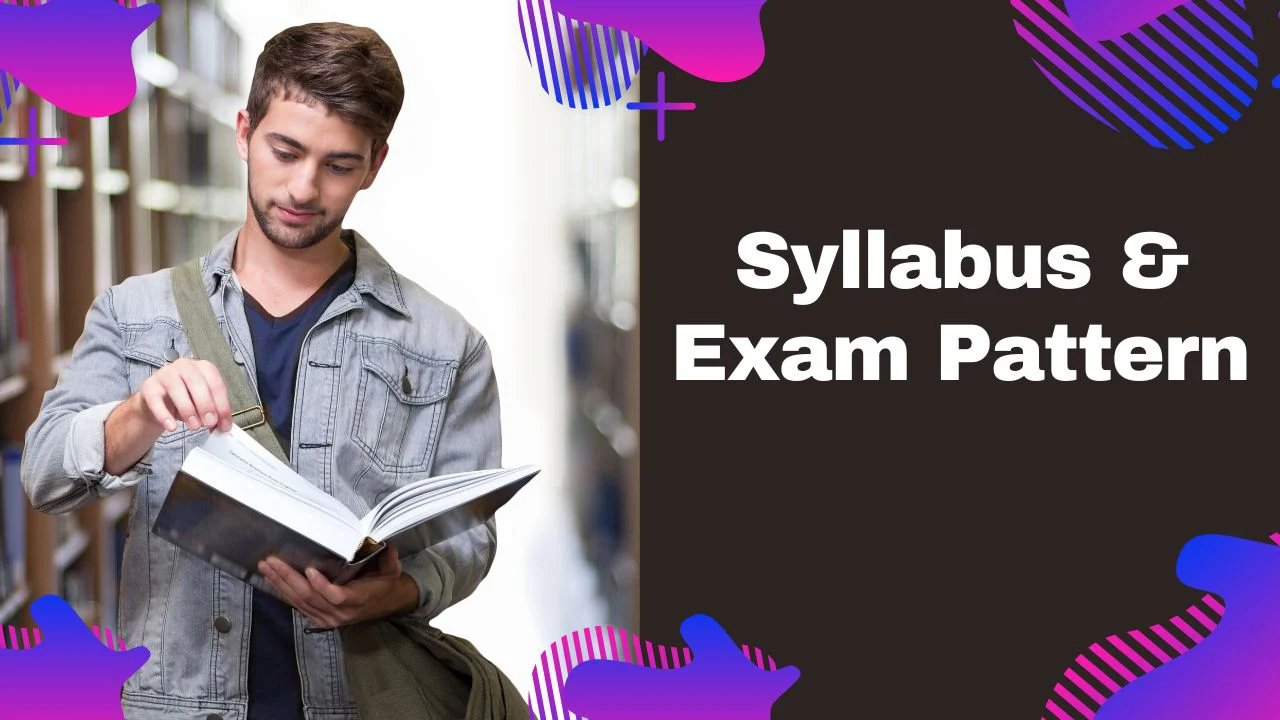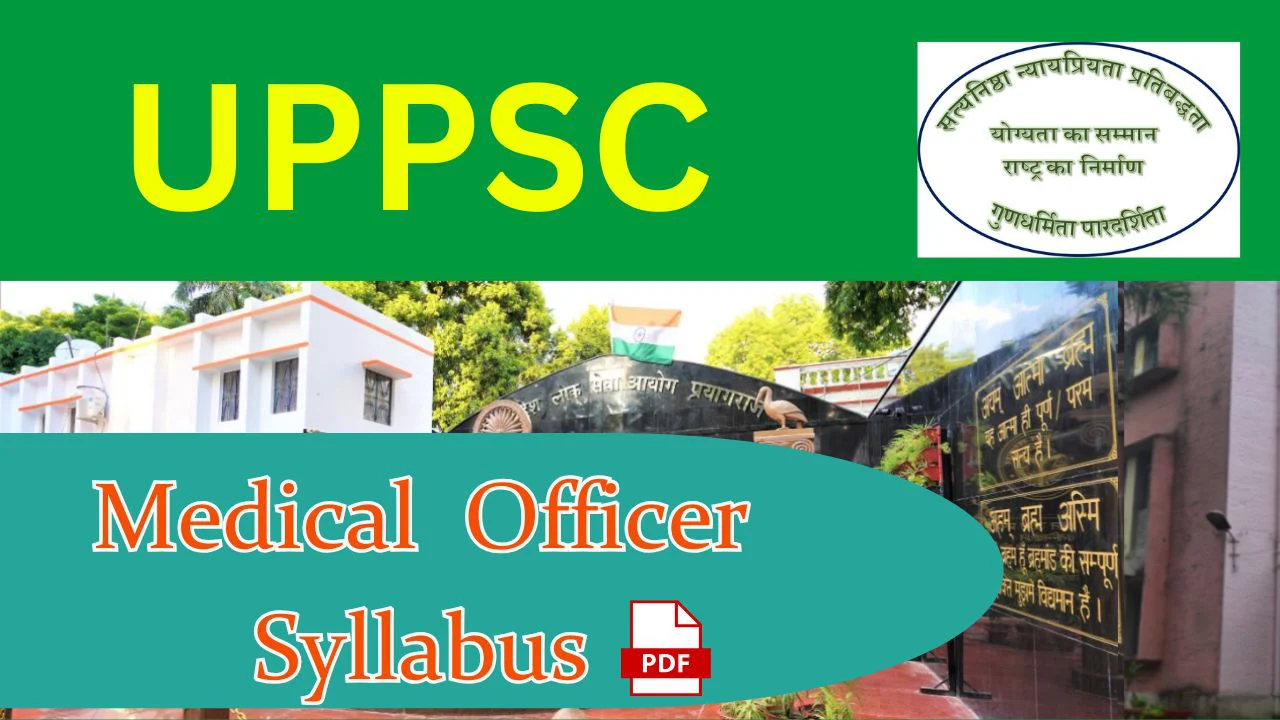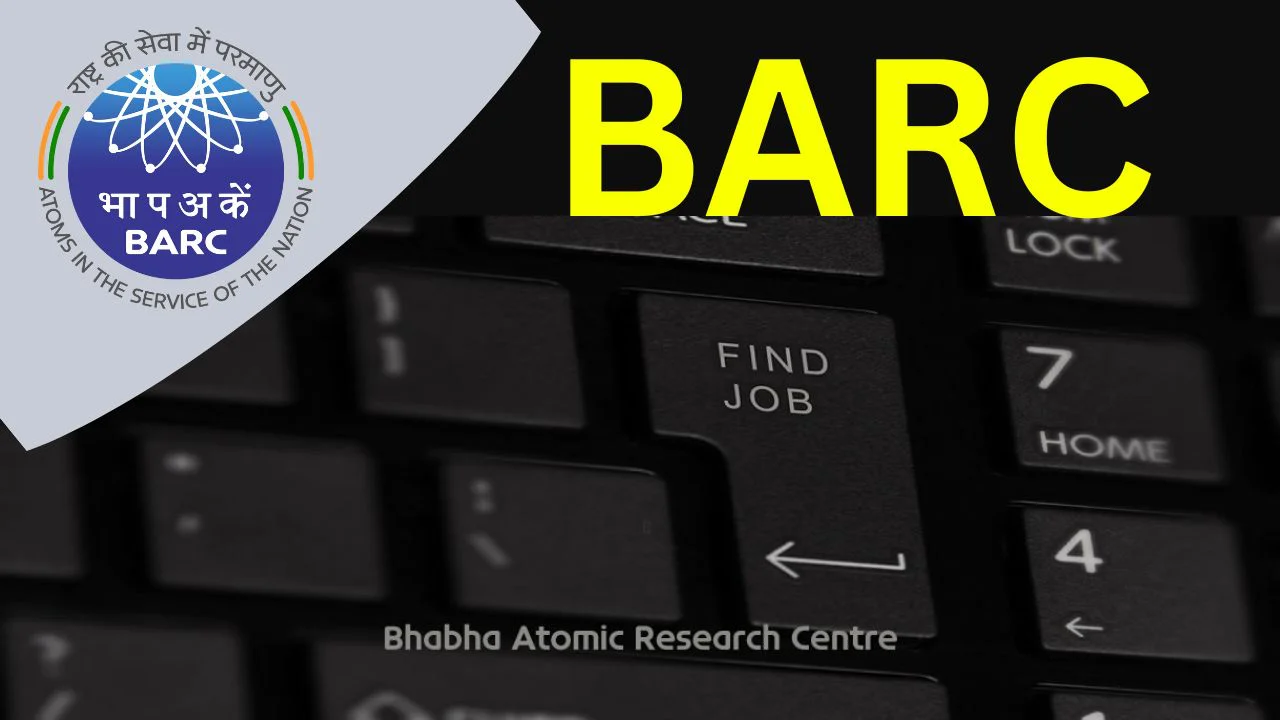The KVS Junior Secretariat Assistant (JSA) position offers an excellent career opportunity within India’s premier educational institutions. The exam for this post is highly competitive, and understanding the syllabus, exam pattern, and selection criteria is crucial for aspirants. This guide provides a comprehensive breakdown of the KVS Junior Secretariat Assistant exam, including the latest syllabus, exam pattern, and effective preparation tips to help candidates achieve success.
KVS Junior Secretariat Assistant Syllabus 2026 Overview
| Organisation | Kendriya Vidyalaya Sangathan (KVS) |
| Post | Junior Secretariat Assistant (JSA) |
| Exam Mode | Online objective test (written) |
| Total Marks / Duration | 120 marks for 120 minutes |
| Sections | Part I – Proficiency in Languages (English & Hindi); Part II – General Awareness, Reasoning, Quantitative Aptitude, Computer Literacy |
| Selection Stages | Written exam → Skill test → Document verification |
Selection Criteria
Candidates applying for the KVS Junior Secretariat Assistant post must meet the eligibility requirements regarding age, education, and nationality. The selection process consists of:
- Written Exam: The first stage involves an objective type written test.
- Skill Test: A qualifying skill or typing/computer proficiency test follows.
- Document Verification: Candidates who pass the skill test will undergo document verification.
Exam Pattern
The exam for the KVS Junior Secretariat Assistant consists of multiple-choice questions divided into two parts. The table below outlines the exam structure:
| Part | Section | No. of Questions | Marks | Duration |
|---|---|---|---|---|
| Part I | General English | 20 | 40 | 120 minutes |
| General Hindi | 20 | 40 | ||
| Part II | General Knowledge & Current Affairs | 20 | 20 | |
| Logical Reasoning | 20 | 20 | ||
| Computer Literacy | 20 | 20 | ||
| Quantitative Aptitude | 20 | 20 | ||
| Total | – | 120 questions | 120 marks |
The exam is designed to test both your language proficiency and analytical skills. Part I focuses on English and Hindi language skills, while Part II covers general knowledge, reasoning, computer skills, and quantitative aptitude.
Topic-wise Syllabus
The syllabus for the KVS Junior Secretariat Assistant exam is extensive. Here’s a breakdown of the key topics:
| Subject | Key Topics |
|---|---|
| General English | Grammar (noun, pronoun, adjective, verb); vocabulary; synonyms & antonyms; idioms & phrases; error spotting. |
| General Hindi | संज्ञा, सर्वनाम, विशेषण, वचन, लिंग, मुहावरे, वाक्य निर्माण, समास. |
| General Awareness & Current Affairs | Indian history, geography, economy, polity; current affairs related to India and the world. |
| Logical Reasoning | Analogies, number series, coding-decoding, puzzles, seating arrangements, blood relations. |
| Computer Literacy | Basic computer knowledge, MS Office (Word, Excel, PowerPoint), operating systems, IT laws, e-governance. |
| Quantitative Aptitude | Number system, percentages, averages, time & work, profit & loss, simple & compound interest, graphs. |
The syllabus ensures a balanced coverage of general knowledge, reasoning, and technical proficiency, making it important for candidates to prepare effectively in each subject area.
Preparation Tips
- Understand the Exam Pattern: Familiarize yourself with the exam structure to manage time effectively during the test.
- Focus on Language Proficiency: Strengthen your English and Hindi language skills by practicing grammar, vocabulary, and reading comprehension.
- Revise Logical Reasoning & Quantitative Aptitude: Solve practice problems regularly to enhance problem-solving speed and accuracy.
- Stay Updated on Current Affairs: Regularly read newspapers and follow current events related to India and the world.
- Practice Computer Literacy: Ensure proficiency in MS Office and basic computer operations by practicing on your computer.
Take Mock Tests: Simulate the actual exam environment by taking timed mock tests to build exam stamina and improve time management.
Revise Regularly: Make short notes for last-minute revisions, especially for current affairs and formulas in quantitative aptitude.









